Sophos slams US for again topping spam ranking
The US should clean up its own computers before looking to fight overseas hackers and spammers, the security firm said.
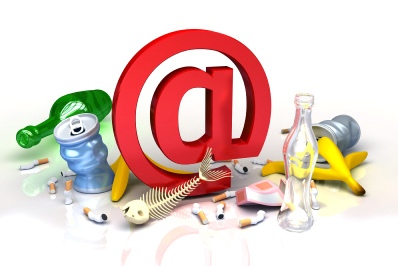

One in six spam emails come from the US, according to a report from a security firm.
Sophos ranked the US as the top source of the unwanted messages around the world, sending 15.6 per cent of all spam globally for the second quarter of the year.
Sophos security researcher Graham Cluley called for the US to clean up its spam problem.
"Barack Obama's recent speech on cybersecurity emphasised the threat posed by overseas criminals and enemy states, but these figures prove that there is a significant problem in his own back yard," he said in a statement.
"If America could clean up its compromised PCs it would be a considerable benefit to everyone around the world who uses the net," he added.
However, the report had praise for Russia. This time last year, Russia was second to the US, sending out 7.5 per cent of global spam. This year, it's slipped to ninth position in the ranking, and sends just 3.2 per cent of the unwanted messages. See below for the full list.
New methods
Get the ITPro daily newsletter
Sign up today and you will receive a free copy of our Future Focus 2025 report - the leading guidance on AI, cybersecurity and other IT challenges as per 700+ senior executives
Sophos also said that spammers are taking to social networking sites, such as Twitter, using URL shortening services such as TinyURL, bit.ly and others.
The 140 character limit on Twitter means many users turn to such services to shorten long URLs, but the shortened links obscure the actual target, letting spammers and malware writers send users to sites they might not otherwise visit.
"This is being exploited by hackers that will use the services to obscure links to offensive material or malicious websites, and then distribute the links in spam emails, as well as posting them on Twitter and other networks," Sophos said.
Earlier this month, Symantec said shortened URLs now make up 2.2 per cent of all spam.
The top 12 worst countries for spam distribution:
1. United States (15.6 per cent)
2. Brazil (11.1 per cent)
3. Turkey (5.2 per cent)
4. India (5.0 per cent)
5. South Korea (4.7 per cent)
6. Poland (4.2 per cent)
7. China (4.1 per cent)
8. Spain (3.4 per cent)
9. Russia (3.2 per cent)
10. Italy (2.8 per cent)
11. Argentina (2.5 per cent)
12. Vietnam (2.3 per cent)
Freelance journalist Nicole Kobie first started writing for ITPro in 2007, with bylines in New Scientist, Wired, PC Pro and many more.
Nicole the author of a book about the history of technology, The Long History of the Future.
-
 Cleo attack victim list grows as Hertz confirms customer data stolen
Cleo attack victim list grows as Hertz confirms customer data stolenNews Hertz has confirmed it suffered a data breach as a result of the Cleo zero-day vulnerability in late 2024, with the car rental giant warning that customer data was stolen.
By Ross Kelly
-
 Lateral moves in tech: Why leaders should support employee mobility
Lateral moves in tech: Why leaders should support employee mobilityIn-depth Encouraging staff to switch roles can have long-term benefits for skills in the tech sector
By Keri Allan
-
 Who owns the data used to train AI?
Who owns the data used to train AI?Analysis Elon Musk says he owns it – but Twitter’s terms and conditions suggest otherwise
By James O'Malley
-
 Elon Musk confirms Twitter CEO resignation, allegations of investor influence raised
Elon Musk confirms Twitter CEO resignation, allegations of investor influence raisedNews Questions have surfaced over whether Musk hid the true reason why he was being ousted as Twitter CEO behind a poll in which the majority of users voted for his resignation
By Ross Kelly
-
 Businesses to receive unique Twitter verification badge in platform overhaul
Businesses to receive unique Twitter verification badge in platform overhaulNews There will be new verification systems for businesses, governments, and individuals - each receiving differently coloured checkmarks
By Connor Jones
-
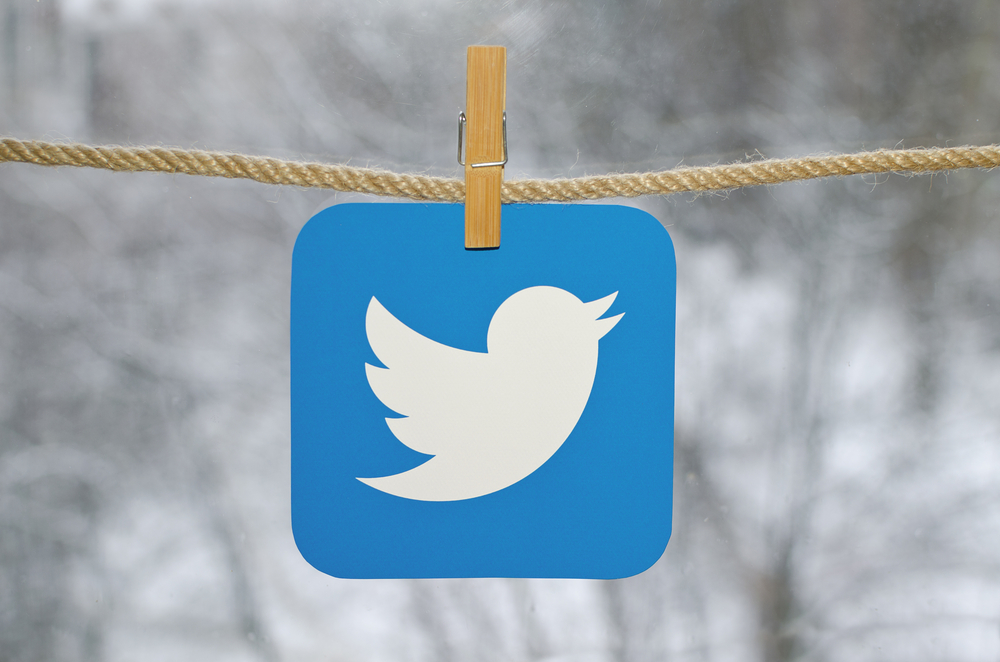 Ex-Twitter tech lead says platform's infrastructure can sustain engineering layoffs
Ex-Twitter tech lead says platform's infrastructure can sustain engineering layoffsNews Barring major changes the platform contains the automated systems to keep it afloat, but cuts could weaken failsafes further
By Rory Bathgate
-
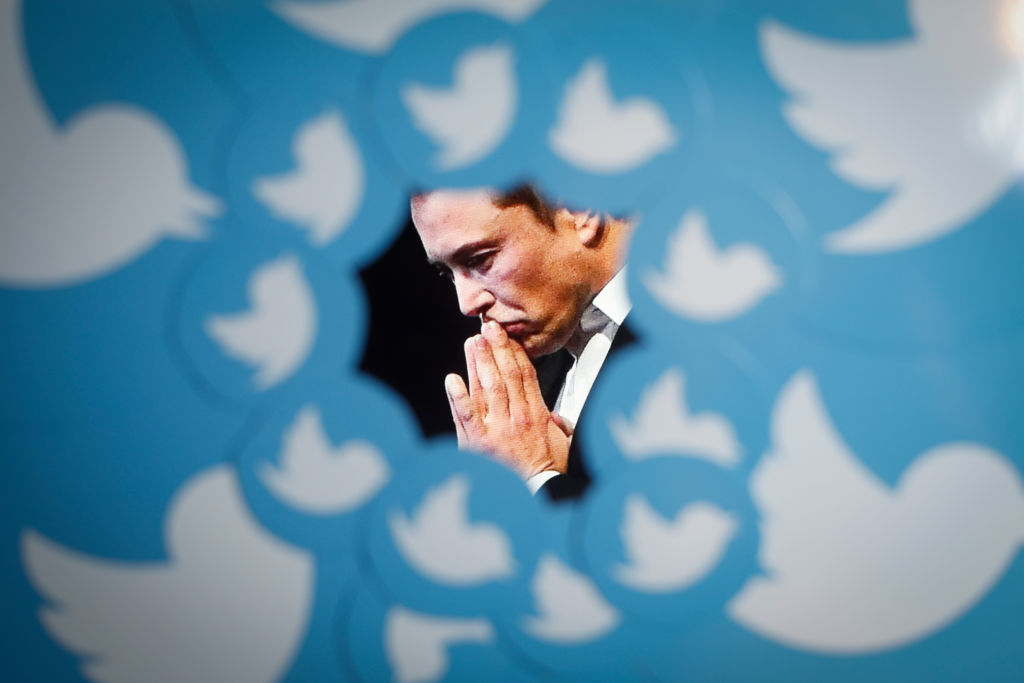 ‘Hardcore’ Musk decimates Twitter staff benefits, mandates weekly code reviews
‘Hardcore’ Musk decimates Twitter staff benefits, mandates weekly code reviewsNews The new plans from the CEO have been revealed through a series of leaked internal memos
By Connor Jones
-
 Twitter could charge $20 a month for 'blue tick' verification, following Musk takeover
Twitter could charge $20 a month for 'blue tick' verification, following Musk takeoverNews Developers have allegedly been given just seven days to implement the changes or face being fired
By Rory Bathgate
-
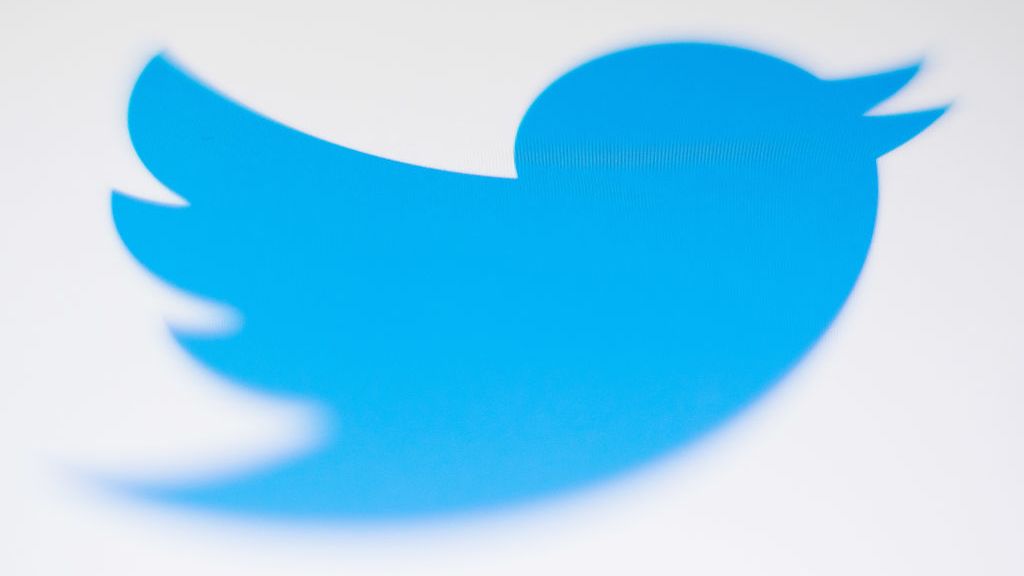 Twitter reports largest ever period for data requests in new transparency report
Twitter reports largest ever period for data requests in new transparency reportNews The company pointed to the success of its moderation systems despite increasing reports, as governments increasingly targeted verified journalists and news sources
By Rory Bathgate
-
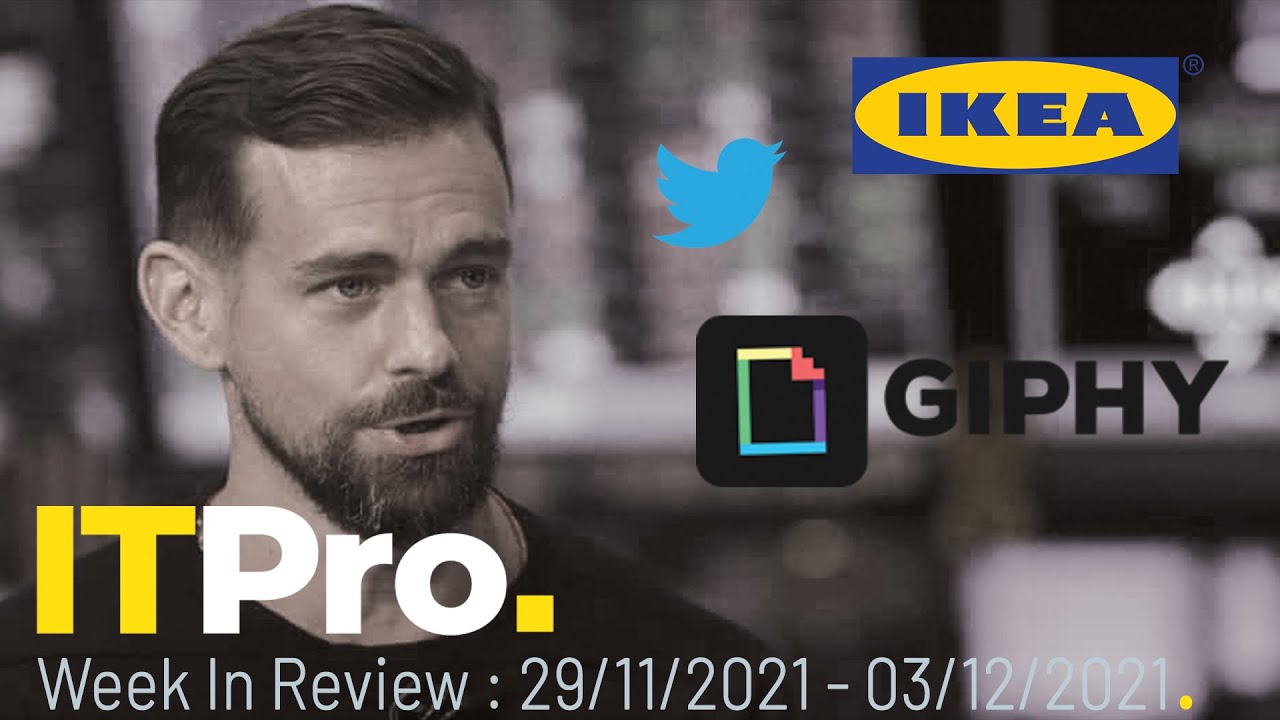 IT Pro News In Review: Cyber attack at Ikea, Meta ordered to sell Giphy, new Twitter CEO
IT Pro News In Review: Cyber attack at Ikea, Meta ordered to sell Giphy, new Twitter CEOVideo Catch up on the biggest headlines of the week in just two minutes
By IT Pro